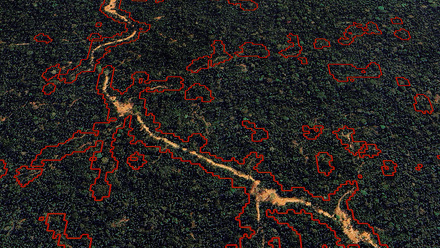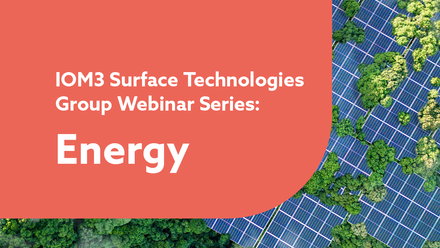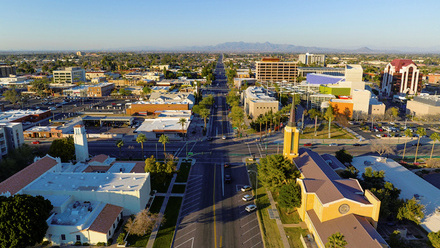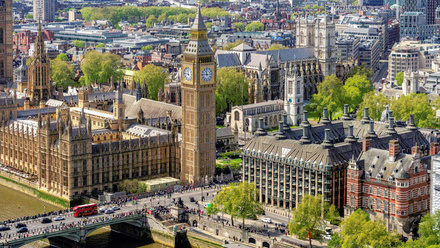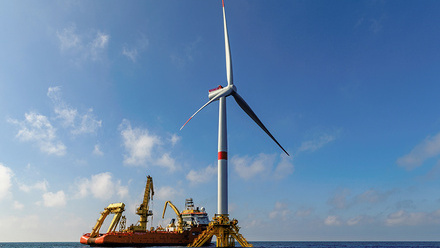WRAP takes stock and sets sight on future goals
NGO WRAP has released its annual report showing its activities in greenhouse gas reduction endeavours over the last year and outlining its goals for 2024.

Independent evaluation of WRAP’s work shows reduction in UK annual greenhouse gas emissions of almost 5Mt CO2eq (2019/20) – a saving of around 27,000t CO2eq per WRAP employee.
With operations in over 40 countries, 2022 saw WRAP take their first step in putting resources in locations outside the UK by establishing a presence in the Asia-Pacific region, opening their office in Australia.
The annual report and consolidated accounts outlines key achievements across WRAP’s four main areas of work, and the organisation’s ambitious priorities in 2023/24.
In the past year WRAP has acted on:
- Food - Food Waste Action Week in 12 countries; ‘Best Before’ dates removed from thousands of products; world-leading Scope 3 protocol launched.
- Plastics - Colombian Plastics Pact launches; UK Plastics Pact members cut ‘problem plastics’ by 84%; Resource Action Fund saves 11,500t of plastic from landfill.
- Textiles - 115 signatories to Textiles 2030 including clothing companies, brands and retailers, trade bodies and recycling & recuse organisations; WRAP report informs textiles Extended Producer Responsibility.
- Circular economy - WRAP’s seven strategies for G7 emissions; Circular Economy Fund helps manufacturers produce more products with recycled content and so saved more than 8,200t CO2.
Further, WRAP says its water stewardship projects in seven countries are producing food for the UK and are collectively replenishing more than 1.7bln litres of water back to nature.
WRAP says it is tackling the climate crisis by bringing together governments, businesses and citizens around the world to transform the way goods are produced, used, and disposed of. It says it is driving resource efficiency and accelerating the move to circular living by focusing on the key areas of consumption with the largest environmental impacts: food and drink, plastic packaging and textiles.
WRAP says it will continue to scale up and speed up our impact on greenhouse gases, pollution and waste.
Harriet Lamb, WRAP CEO, comments, ‘WRAP is challenging traditional thinking about a linear economic model of extract-consume-chuck, and showing where a positive alternative is possible. To deliver change of the scale necessary in future will require even more effort from a huge cast of actors in the UK and across the world. Each step forward is a springboard to greater impact and towards a regenerative circular economy that respects people and planet equally, and which will help us all embrace circular living.’


